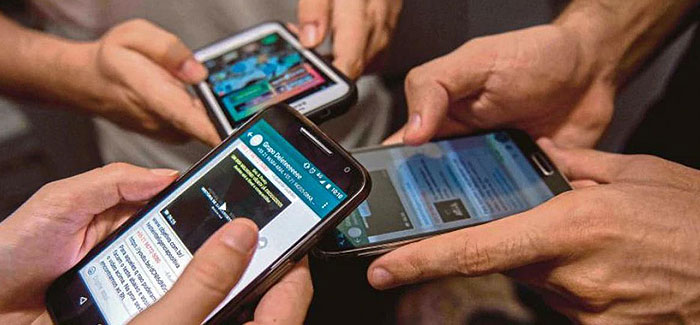Coronavirus Misinformation Spreading Faster Than The Virus
Coronavirus’ news has been spreading all over the world since very late 2019 in a way only the internet, and mainly social media can do. As the Internet is a powerful tool that helps the world to be connected within a few seconds, it can also become an instrument to mislead people and foster chaos. This could cause real social damage, especially when we are talking about a global health emergency.
In the last few days, millions of people have been exposed to an incredible number of articles, threads, and posts related to the Coronavirus. Some news intended to exhibit the situation, but most of them have ended being false information that far from helping, have been creating haze.
A great example of a story related to the Coronavirus taken out of context is an article that shows a woman eating a bat soup. This photo has gone viral mainly through Facebook, Twitter, YouTube, and TikTok. The Daily Mail news has turned out to be unrelated to the virus, and although it is partly true, it hasn’t been proved this could be the source of this health emergency.
The bat soup news is a perfect example of how to take old real footage, and blend it up with an up to the minute data to create confusion and try to validate something it’s not real by using something it is a real fact. Even though this is a real years-old picture, it has nothing to do with today’s real concerns about Coronavirus.

Reporters need to acknowledge the effect this information may have on society and be aware of their responsibility while posting an article. Whether the Daily Mail wasn’t the source of these details, they have decided to take this out, though, and it was their post the one that went viral all over the Internet. After this incident, they decided to publish an article debunking the story, but it was a long way from becoming as viral as the first one.
The plight is, with this type of fake reporting, they are reinforcing people’s racism based on the idea there is on the eastern side of the globe about what we consider as weird Asians eating habits. East Asians based on Europe and America have already reported some discrimination incidents because of this situation.
Nowadays, some experts are trying to clarify the situation among people and cleaning up the mess this has brought to an already complicated and delicate situation. Of course, we should expect social media platforms to take part in helping to mitigate this misinformation campaign since they have been completely reckless by not taking actions to stop this fake news to be spread in the first place.

In the same way, readers need to select carefully their information source and always double-check before deciding to share on social media every article you read. We all want to collaborate to mitigate the situation, but we can’t forget the effect false news could have on other readers, depending on their reality.







